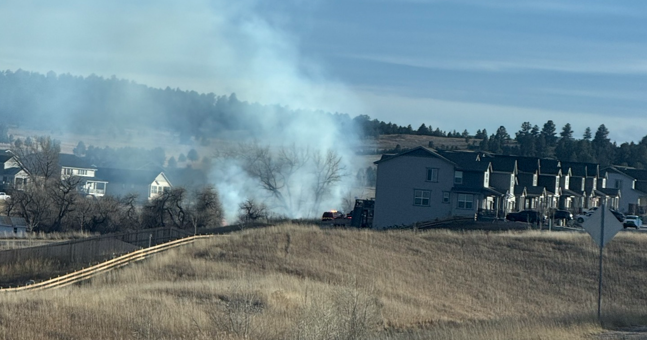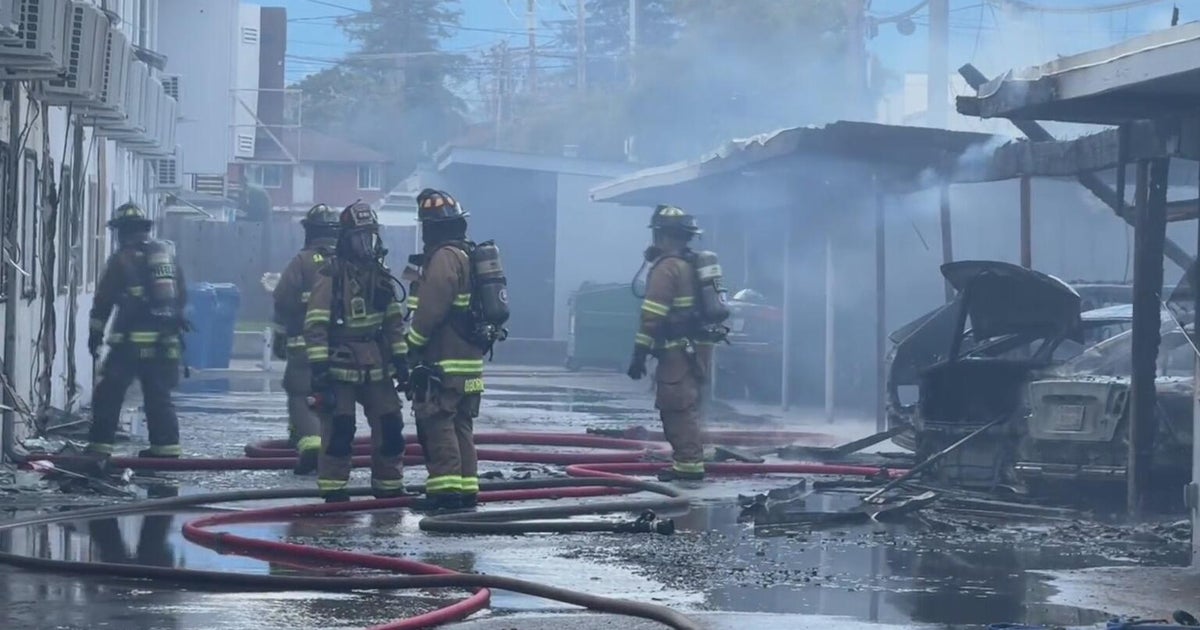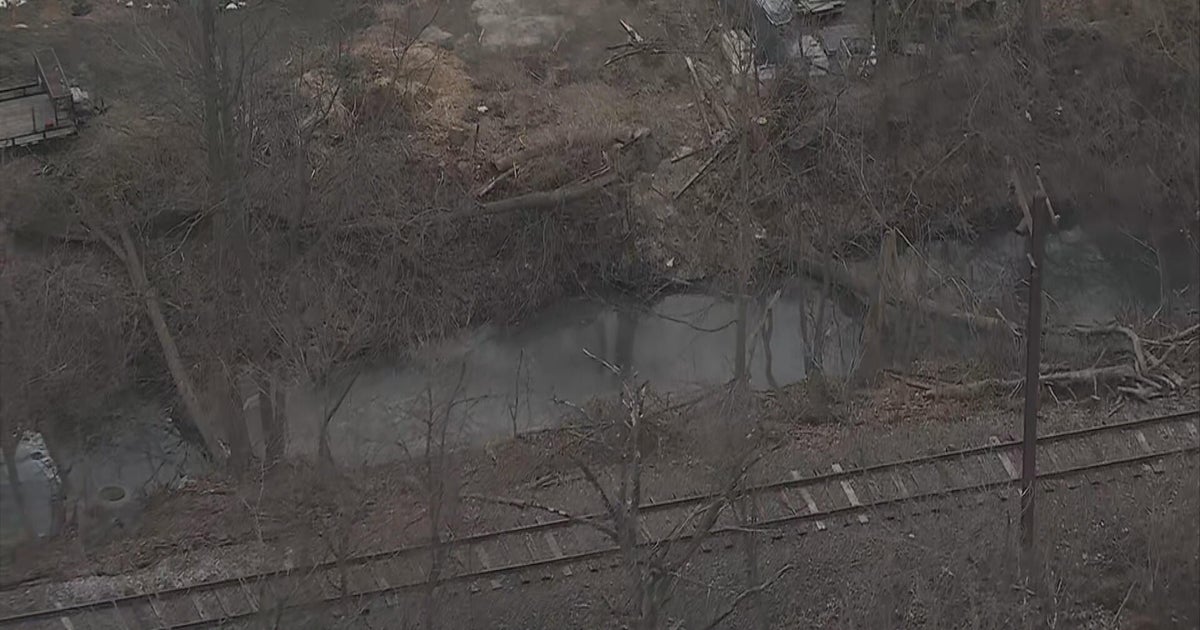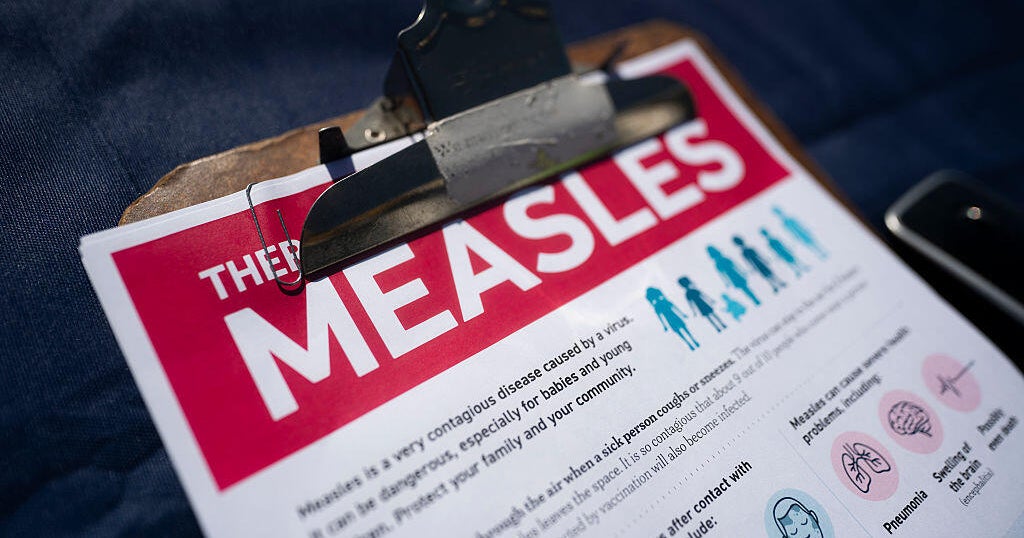Summit County Fire Departments Cut Back, But Not On Protection
BRECKENRIDGE, Colo. (CBS4) - Governments all over Colorado have had to make budget cuts because of the recession and the two fire departments in Summit County are no exception. They will have to make do with $1 million less funding next year.
While there are cuts, fire protection isn't one of them. The public's safety is the number one priority for fire stations. But imagine cutting nearly 20 percent out of a household budget. That's what the fire departments have to do.
It's been a hectic few years for the Summit County fire departments. Lake Dillon Fire-Rescue patrols the northern half of the county and the Red, White and Blue Fire-Rescue department handles the town of Breckenridge and areas south.
Two years ago the budgets shot up 19 percent. Now this year they're down nearly as much.
"We've been putting away some general reserve money for just this time, just this kind of occasion," Chief Lori Miller with Red, White and Blue fire said.
"Certainly back in 2008 when we saw a dramatic increase in real estate values in Summit County, that we knew then, what goes up significantly may come down," Chief Dave Parmley with Lake Dillon fire said.
Both departments are planning on dipping into their rainy day funds. By doing that they won't be cutting services or losing any employees.
The tight budget is having the departments shave expenses in other areas.
"Like replacement of hose and personal protective gear," Miller said.
"It'll certainly have impacts if it stays in place long term," Parmley said.
The departments have started to share resources, training and some personnel on the administrative side. But if tax levels don't go back up in the next few years, even more drastic measures may need to be taken.
"We hope as the economy recovers the property values will creep up again. We don't expect the big increases and decreases the we've experienced over the past few years," Miller said.
It comes at a pretty bad time for the Red, White and Blue department. They were hoping to phase out some nearly 25-year-old tankers they have, but will now have to institute a tax increase to cover the costs.







